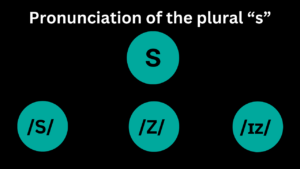
What are prepositions of time?
Prepositions of time are short parts of speech that identify time relationships between the doer and the action, i.e., they specify the time in which something takes place.
The widely used prepositions of time are at, in, on, and from ….. to ….. . Each of these prepositions is used in specific situations which are summarized in the table below.
Uses/Functions
| At | In | On | From ……..to …….. |
| Precise time | Months, years, centuries, and long periods | Days and dates | From one time to another |
| at 3 o’clock | in May | on Sunday | From 5:00 to 6:00 |
| at 10.30 am | in summer | on Tuesdays | From Monday to Friday |
| at noon | in the summer | on 6 March | From March to April |
| at dinner time | in 1990 | on 25 Dec. 2010 | From 1996 to 19999 |
| at bedtime | in the 1990s | on Christmas Day | From morning to afternoon |
| at sunrise/sunset | in the next century | on Independence Day | From sunrise to sunset |
| at the moment | in the Ice Age | on my birthday | From summer to winter |
| at night/midnight/midday | in the past/future | on New Year’s Eve | From the age of 7 to the age of 11 |
| at the weekend | in the morning | on Tuesday morning | From Christmas to Easter |
| at Christmas/Easter | in the afternoon | on Sunday afternoon | From birth to death |
| at the same time | in the evening | on Monday evening | From 11th May to 15th June |
Exercise
Fill the blanks with the correct preposition of time
- The stars shine ——– night.
- Do you work ——- Mondays?
- What are you doing ——– the afternoon?
- We have an English class every Saturday ——- 9:00 a.m. ——- 11:00 a.m.
- I don’t usually work ——– the weekend.
- My mother’s birthday is ——- the 5th of November
- I stay with my family ——– Christmas.
- Her birthday is ——– 20th November.
- We can go there together ——– the evening.
- In England, it often snows ——— December.
- I can stay with you ——- 9:00 a.m. ——– 4:00 p.m.
- We often finish the test ———–the same time.
- The Independence holidays are —— Monday ——— Friday.
- I think that things may change ——– the future.
- Students are free ——- Christmas day.
- He’s not at home ——-present. Try later.






